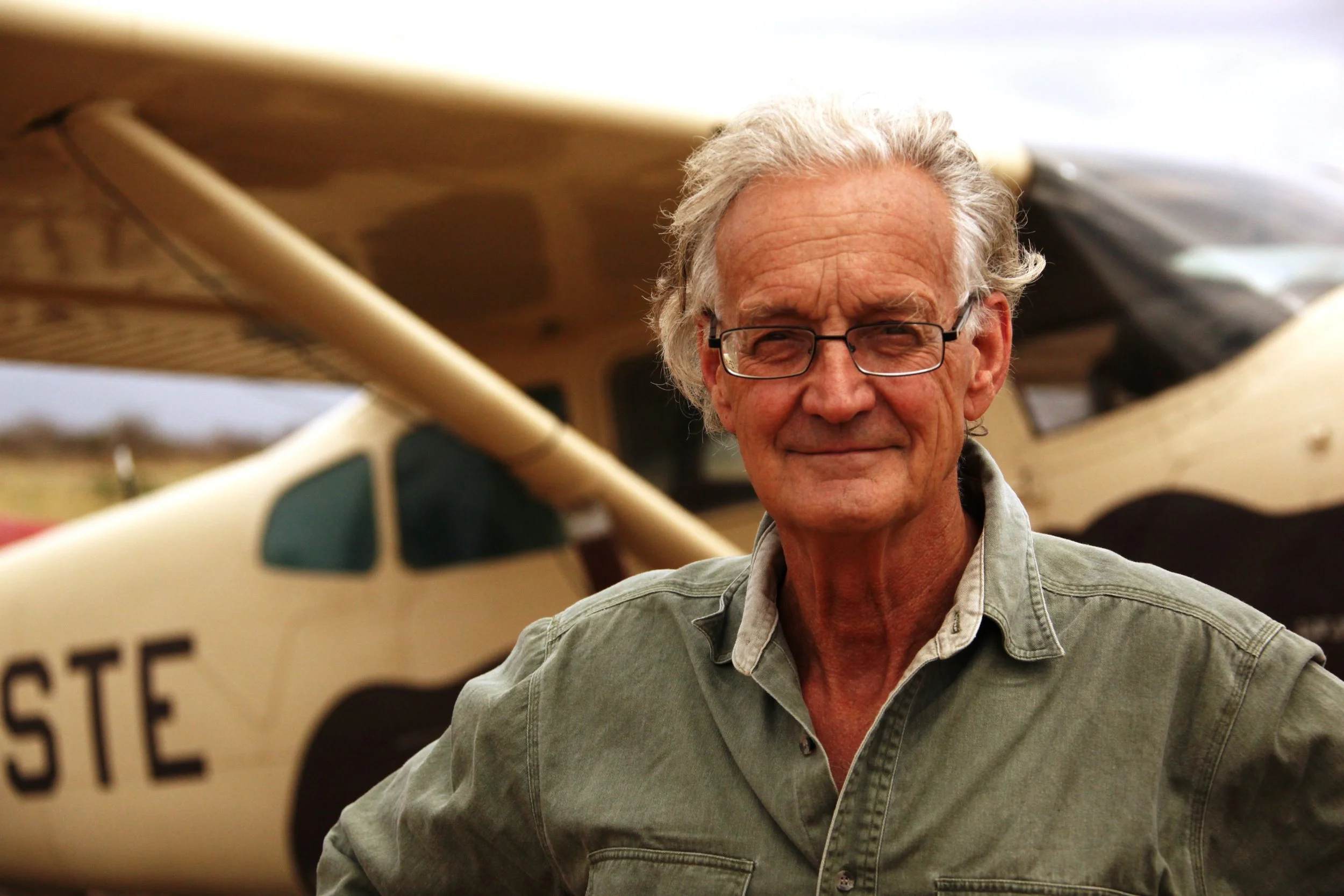Gorilla’s “untimely” death reignites animal welfare concerns at the San Francisco Zoo
The city’s own Animal Commission has already labeled the facility as “unsafe for visitors and animals” in a recent report.
File photo of a gorilla in a zoo.
The “untimely” death of a captive gorilla at the San Francisco Zoo this week has reignited serious concerns about the facility’s ability to safely look after its animals and visitors.
The zoo is already facing significant controversy as former staff, animal advocacy groups, and major donors have recently criticized the zoo over multiple failings and repeated tragic deaths.
This week the zoo announced that its popular male silverback gorilla, known as Oscar Jonesy, has died following a medical procedure. The 43-year-old animal is said to have become unresponsive and stopped breathing while recovering from anesthesia.
But advocacy groups say that the gorilla’s unexpected death is not an isolated incident. In Defense of Animals say the incident is part of the “disturbing patterns of animal deaths and safety failures at the zoo”.
Oscar Jonesy’s own daughter Kabibe was accidentally killed back in 2014. In what the zoo called a “tragic accident”, the one-year-old infant was fatally crushed by a hydraulic door due to alleged procedural lapses.
More recent deaths include a young penguin named Handy Harry who was also killed by a door. Staff and visitor safety is also said to be an ongoing issue, with one incident resulting in a grizzly bear escaping and chasing a zookeeper.
Oscar Jonesy’s death has also raised questions about the standard of his care. The use of anesthesia in great apes is controversial as it has been associated with high risks, with at least three silverback gorillas in U.S. zoos having died following anesthesia-related complications since 2020.
“The tragic death of Oscar is a devastating reminder of the high risks associated with anesthesia in great apes,” said Justin Barker of local advocate group SF Zoo Watch. “It also highlights a deeper issue: the San Francisco Zoo’s leadership has consistently failed to prioritize the best interests of the animals in their care. This is yet another example that, under its current leadership, the SF Zoo is not a safe haven for animals.”
Barker is among those calling for the zoo’s CEO Tanya Peterson to stand down. That request has been unsuccessful so far, despite a 97 percent vote of no confidence from the zoo’s union members in 2024. Members had cited a toxic work environment and neglect of safety concerns.
This fallout comes after a report by the city’s own Animal Commision, which labelled the facility as “extremely outdated” and “unsafe for visitors and animals”.
Despite the ongoing controversies, the zoo has instead decided to push forward with a proposed $70 million plan to acquire giant pandas. Critics say the move would divert resources from addressing critical existing needs for current animals. The contentious decision has led to a major donor publicly distancing himself from the zoo and describing the facility as the “most run down and dilapidated zoo I have ever seen”.
Species Unite is among those calling on the San Francisco Zoo to cancel its planned panda acquisition and instead prioritize the upgrading of its current facilities to improve the lives of the animals already in its care.
Speak out against San Francisco Zoo’s plans to acquire pandas, and urge the zoo to focus on improving the lives of its current animal residents instead - sign Species Unite’s petition here.
We Have A Favor To Ask…
Species Unite amplifies well-researched solutions to some of the most abusive animal industries operating today.
At this crucial moment, with worldwide momentum for change building, it’s vital we share these animal-free solutions with the world - and we need your help.
We’re a nonprofit, and so to keep sharing these solutions, we’re relying on you - with your support, we can continue our essential work in growing a powerful community of animal advocates this year.






